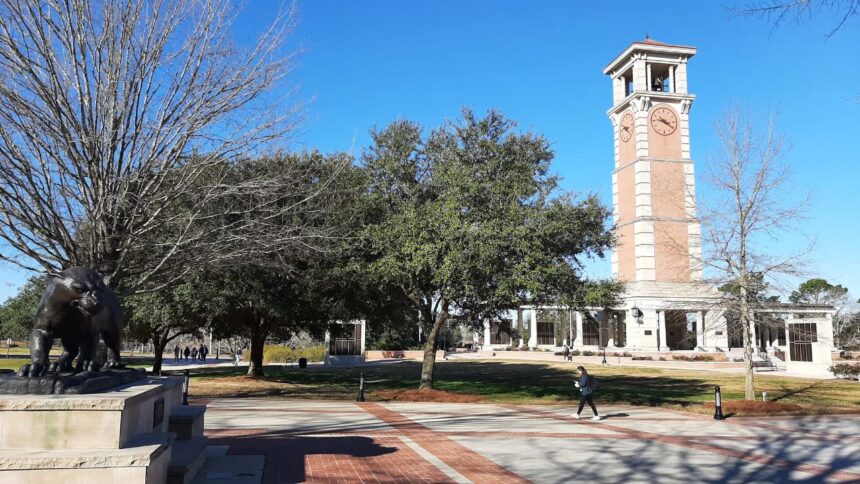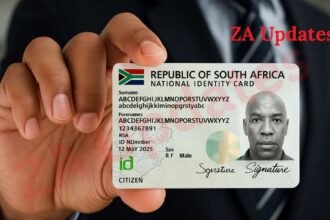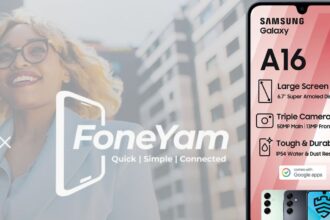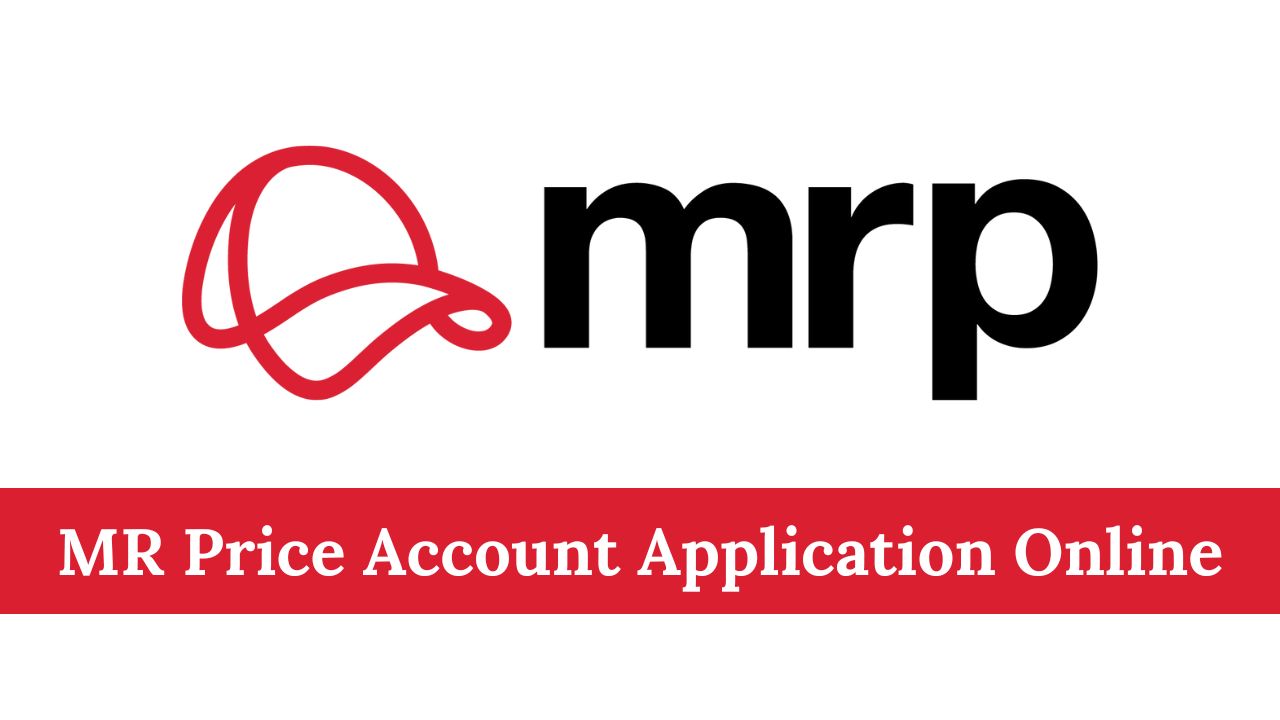No More Applications: Alabama Students Can Submit Info to 39 Colleges at Once. Alabama high school students can finally breathe a sigh of relief , the traditional college application process is being dramatically simplified. With the new Alabama Goes to College: Direct Admissions initiative, students can now get admission offers from 39 colleges across the state without having to write college essays, track multiple application deadlines, or even pay application fees.
This revolutionary step aims to eliminate the most common barriers that students, especially those from underprivileged backgrounds, face when applying for college. The initiative is led by the nonprofit Alabama Possible and supported by Governor Kay Ivey.
How Does Direct Admissions Work in Alabama?
Rather than filling out numerous college applications, Alabama high school seniors will now fill out just one online profile on a platform called Match, powered by Concourse.
- Students begin by creating a profile on Match, a centralised online platform.
- They then upload their high school transcripts and academic details.
- This information is automatically shared with 39 participating Alabama colleges and universities.
- Colleges review the profiles and send direct admissions offers based on set academic criteria and student fit.
- Eligible students will start receiving official admissions letters by October 6, 2025, for the 2026 academic intake.
This approach makes the entire process simpler and more accessible, especially for learners who may feel overwhelmed by traditional applications.
What Are the Benefits of Direct Admissions?
There are several key benefits to the Alabama Direct Admissions model:
- No College Application Essays: Students don’t need to worry about crafting the perfect essay to impress admissions officers.
- No Recommendation Letters Needed: One of the usual obstacles, getting teacher recommendations, is removed entirely.
- No College Application Fees: With application costs ranging from $50 to $100 per college, families can save thousands.
“That’s the difference between a light bill or medication and a college application,” says Chandra Scott, Executive Director of Alabama Possible.
- No Confusion Over Multiple Deadlines: All offers are streamlined through one process, and students know what to expect.
- More Equal Access to Higher Education: This helps first-generation college students, low-income families, and those unfamiliar with the system.
When Is the Deadline?
Students who are aiming to start college in 2026 must complete their Match profile by September 23, 2025.
Colleges will send direct admission letters to eligible students by October 6, 2025.
Which Alabama Colleges Are Participating?
A total of 39 colleges and universities, both two-year and four-year institutions, are on board. While top names like the University of Alabama system and Auburn University are not participating, many respected institutions are.
Here’s a preview of some participating colleges:
| College Type | Institutions Participating |
|---|---|
| Four-Year Colleges | University of West Alabama, Tuskegee University, Troy University |
| Community Colleges | Numerous two-year institutions across the state |
For the complete list of colleges, families can visit the Alabama Possible website.
How Is This Different from Other Programs?
This isn’t the first direct admissions model in the U.S., but Alabama’s approach is among the most comprehensive statewide efforts. Other programs, such as College Board and Niche, have tried similar strategies but often only with a few schools. Illinois offers a similar One Click College Admit program, but Alabama’s model integrates high school profiles into a single streamlined system.
What makes Alabama unique is that students don’t apply to colleges — colleges apply to students.
Why Did Alabama Introduce This Now?
With rising concerns over college affordability, accessibility, and complexity, Alabama is targeting a major overhaul in the way students view their post-secondary pathway. For many students, simply navigating the admissions process was a barrier — one that discouraged them before they could even begin.
“We’re removing all of those things that will slow them down or even alleviate them from the journey of seeking a post-secondary pathway,” says Scott.
This reform is also a push to improve college enrollment rates and reduce educational inequality across the state.
Powered by Match and Concourse
The entire system runs on the Match platform, a tech-powered tool by Concourse, which was piloted in Chicago and successfully connected high school students with suitable colleges.
The platform functions like a college matchmaking system — institutions search student profiles, evaluate credentials, and send customized offers. It reduces administrative burden and opens doors to students who might otherwise be left out of the traditional process.
What’s Next for Alabama Students?
If you’re a Grade 12 learner in Alabama, here’s what to do next:
- Visit the Match platform and create a student profile
- Upload your academic transcript
- Submit before the 23 September 2025 deadline
- Wait for offers on 6 October 2025
Conclusion
This no-application-required admissions system is a breakthrough for Alabama students. It is poised to transform higher education access by making the admissions process simpler, faster, and more affordable. By eliminating essays, cutting application costs, and streamlining admission offers, Alabama is creating a new model that other states are likely to watch, and possibly adopt.










